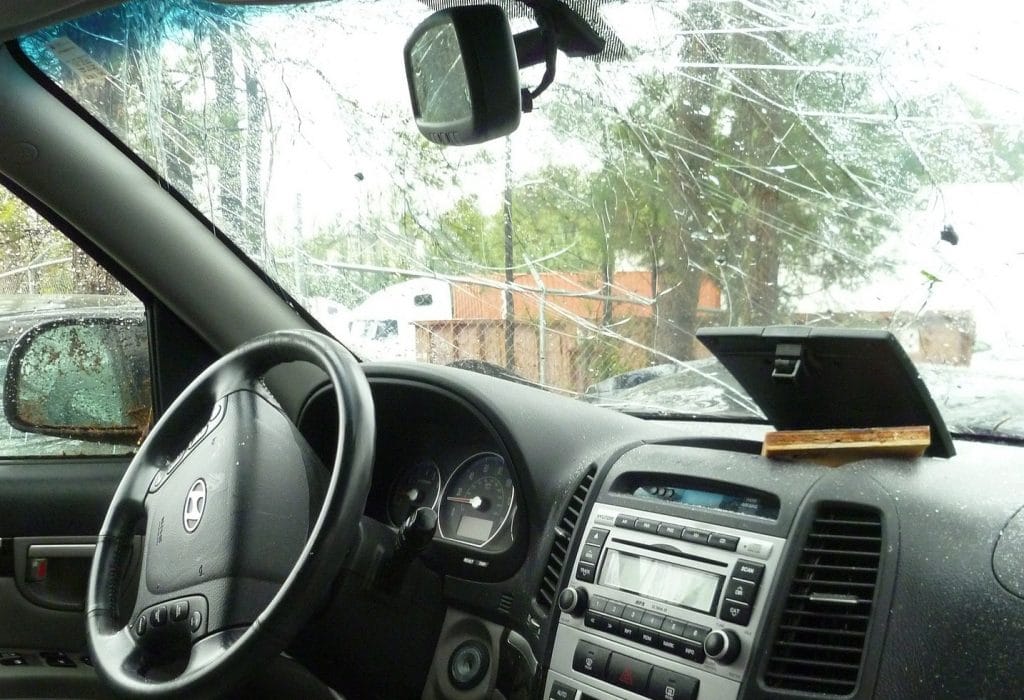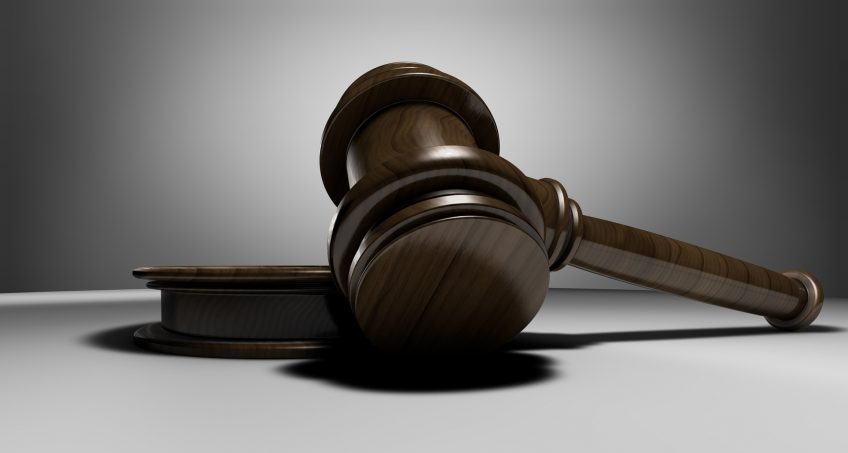Car Wrecked Before Sale Does Not Create Liability for New Potential Owner
Car AccidentsIn the case of Ronnie Rondell v. Daniel Romano, et al, Case Number 2D20-2840 (Fla. 2d DCA January 5, 2022), Florida’s Second DCA held that a car wrecked before its actual sale to a new potential owner did not implicate the new owner under the dangerous instrumentality doctrine.
Facts
This case involved a 2002 Honda Accord that was owned by Cuong Diep. Mr. Diep had intended to sell his vehicle to Mr. Romano before the accident. Mr. Romano, in preparation for the sale, had added the vehicle to his insurance policy but, again, was never actually sold because of the accident with Mr. Rondell (sustained a severe foot injury). The accident happened when Mr. Diep’s son struck Mr. Rondell’s vehicle.
Mr. Rondell sued everyone (Mr. Diep, his, and Mr. Romano). Clearly Mr. Diep and his son have legal liability due to the fact that Mr. Diep owned the vehicle and the fact that his son was driving. Mr. Romano (through his insurer) argued that he did not have any legal interest to the title (and hence no beneficial interest in the vehicle) at the time of the accident.
The trial judge granted summary judgment due to the fact that the plaintiff could not establish any facts to subject Mr. Romano to legal liability under Florida’s dangerous instrumentality doctrine (makes the owner of a vehicle legally responsible for an accident). The appeal centered solely on whether summary judgment was proper given the circumstances of whether Mr. Romano had a beneficial interest in the vehicle (keep in mind that summary judgment means that judgement is entitled as a matter of law and cases where summary judgment is granted do not get decided by a jury).
The Appeal and Discussion
The idea of beneficial ownership comes from Aurbach v. Gallina, 753 So. 2d 60 (Fla. 2000) and cites cases going back to the 1920’s. In essence, a vehicle owner who allows another person to operate his vehicle is unable to delegate the responsibility that such vehicle, being a dangerous instrumentality, is operated appropriately. Clearly the Second DCA felt that the fact that a future sale was intended was not enough to say that Mr. Romano had a beneficial interest in the vehicle until the sale actually went through. In other words, the fact that he had already purchased insurance in anticipation of the sale (as would be prudent to do) does not make him an owner.
As in this instance, the car was no longer in existence (or in substantially the same condition) by the time a sale would have came about. It does not matter that the parties had not fully agreed on a price or a final sale date. Further, Mr. Romano was not in possession of the vehicle either.
All of this evidence leads to the conclusion that Mr. Romano did not possess the ability to exercise control over the vehicle that was involved in the accident, which is what beneficial ownership is all about.
Advice For Your Case
This case exemplifies the importance of suing the right parties and in suing the right parties for the right reasons. While it stands to reason why a plaintiff with a serious injury may want all of the available insurance after an accident, the decision of who to sue, for what, and whether to settle are important decisions to be made between a client and counsel. Litigation can be a very tough game and the stakes can be high. To get help with your case, call Russo Law to get a free consultation of the facts and circumstances surrounding your Florida car accident case. If we think that we can recover money on your behalf, then your case will be accepted on a contingency fee basis, which means that there are no fees or costs unless actually recover money for you. Call us today to schedule a free consultation.


